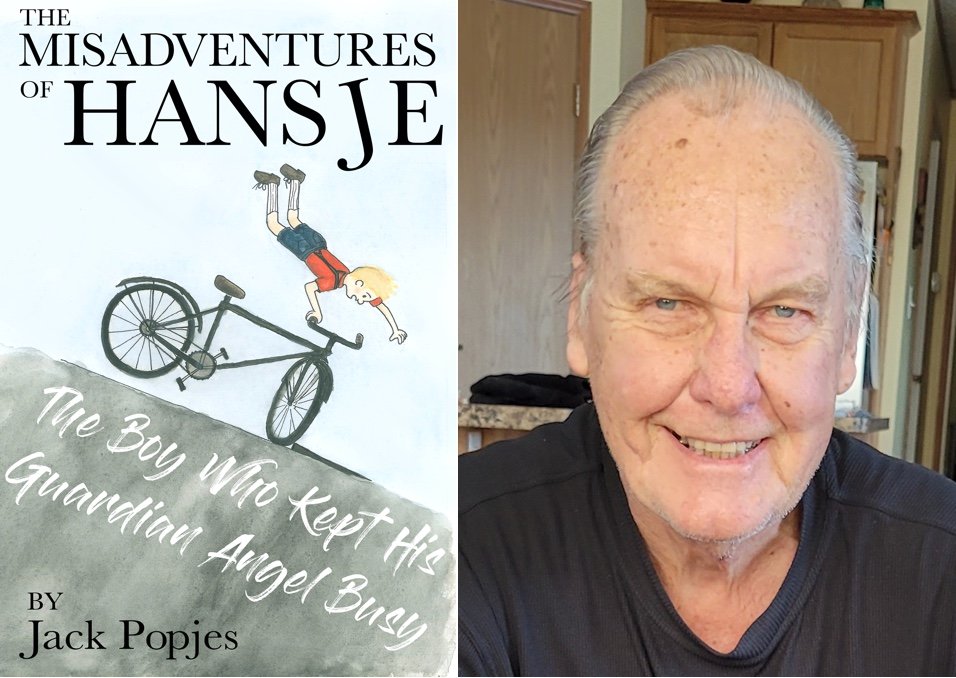Perterbing Pronouns
by Alyson Folse
(Baton Rouge, La, United States of America)
I'm a wanna-be editor, who has been struggling to find an answer to this question: how do pronouns work in scenes with two people of the same gender? I always thought that the pronoun referred to the person of the matching gender who was last named. So when you have John and Mike, and the scene tells us that, "John went to the door and let him in," am I actually saying that, "John went to the door and let John in," even if context clues tell us that 'him' should be 'Mike'?
Or maybe the two gentlemen are speaking to each other. Would the line, "you're strange," Mike told him, be acceptable? It seems to me like it should work - I understand who is speaking and who is being spoken to - but it breaks the rule of 'last matching gender'.
Comments for Perterbing Pronouns
|
||
|
||

This is Jack Popjes and one of his published books. He and I worked on multiple projects. He's met many goals.
Meet your writing goals in 2023.
Free Newsletter
Sign up below for
Editor's Notes
Inspiration and Writing Tips
and receive tips
to maximize
your use of MS Word.
Click for more information
and archived copies...
Or sign up using the form below
to start your subscription right away.



